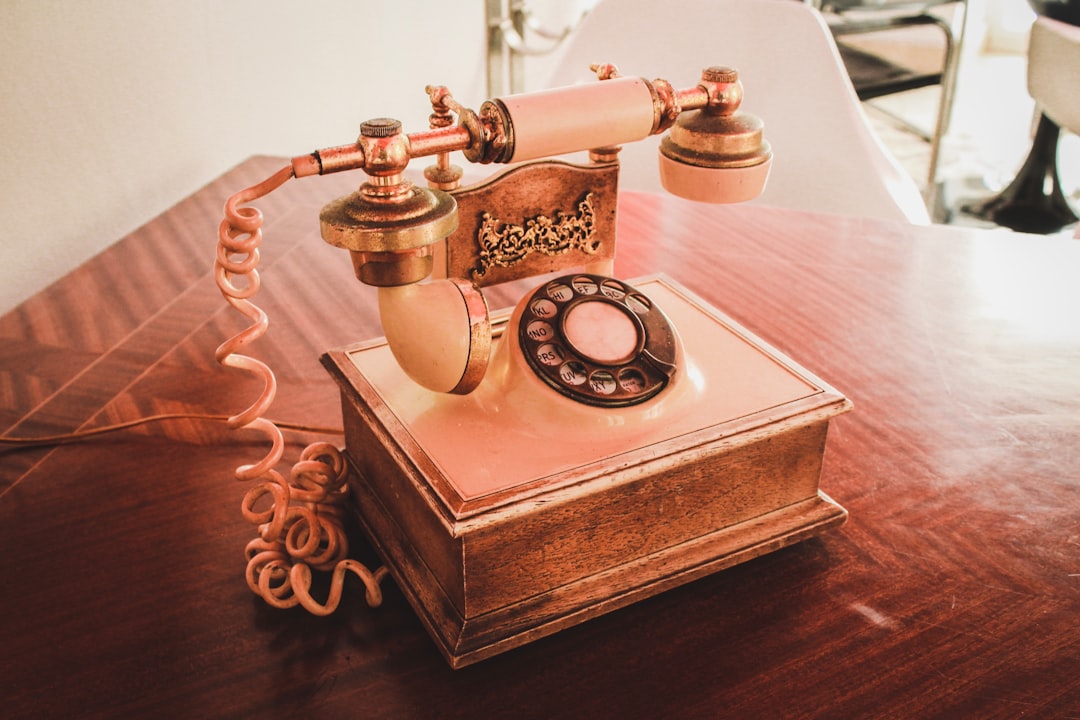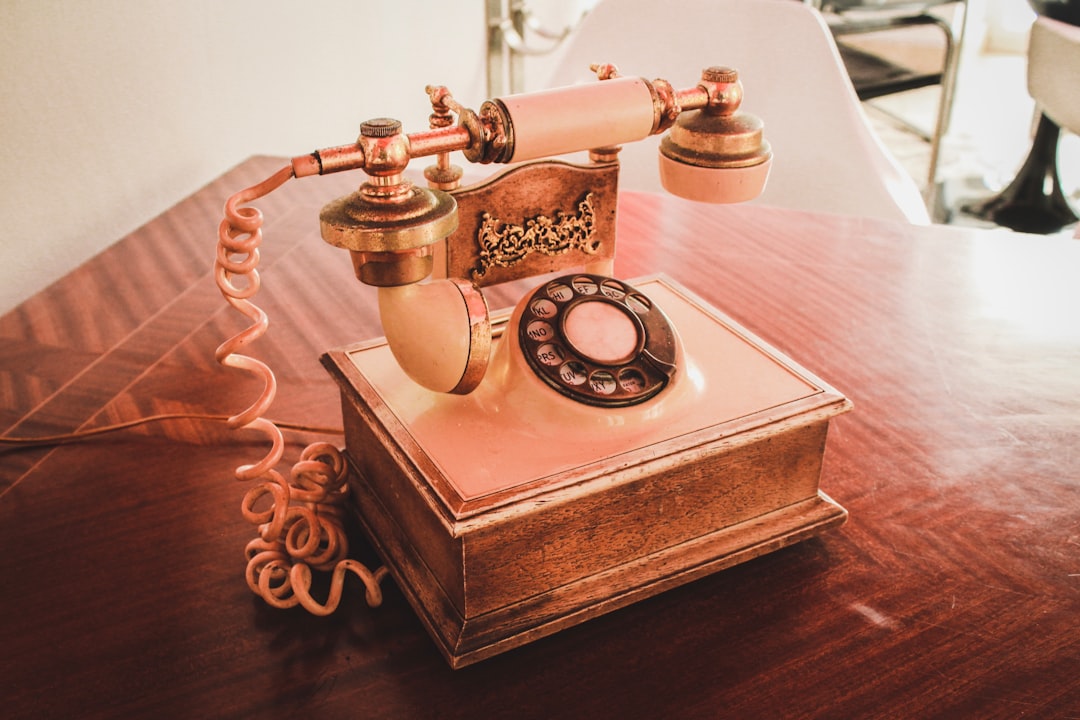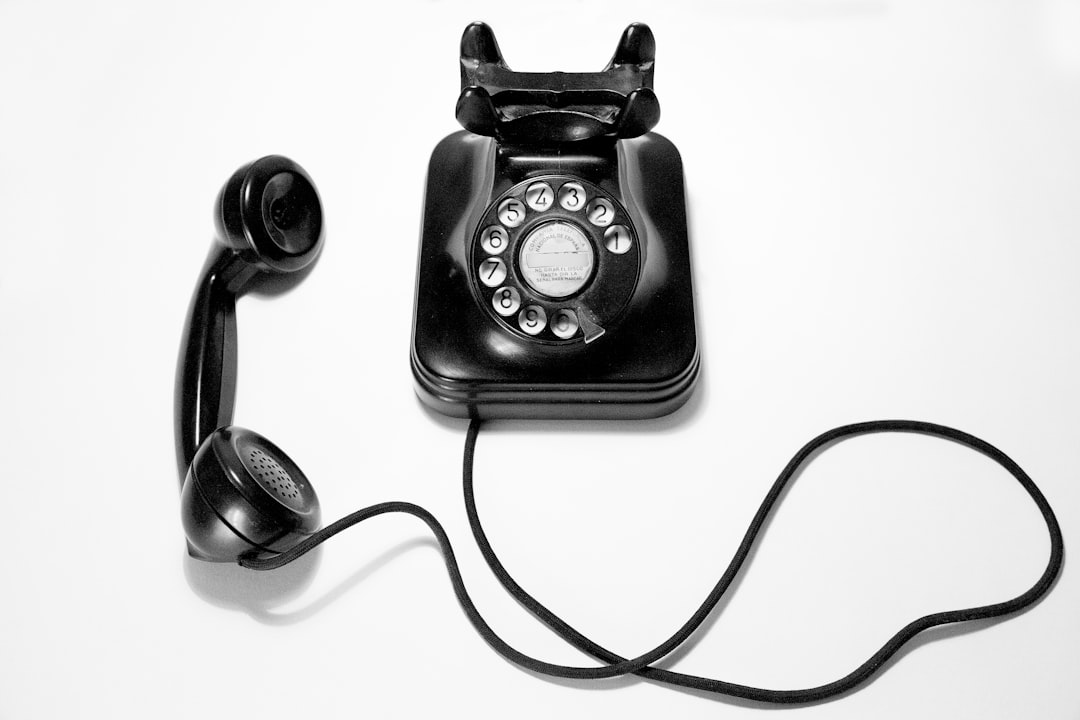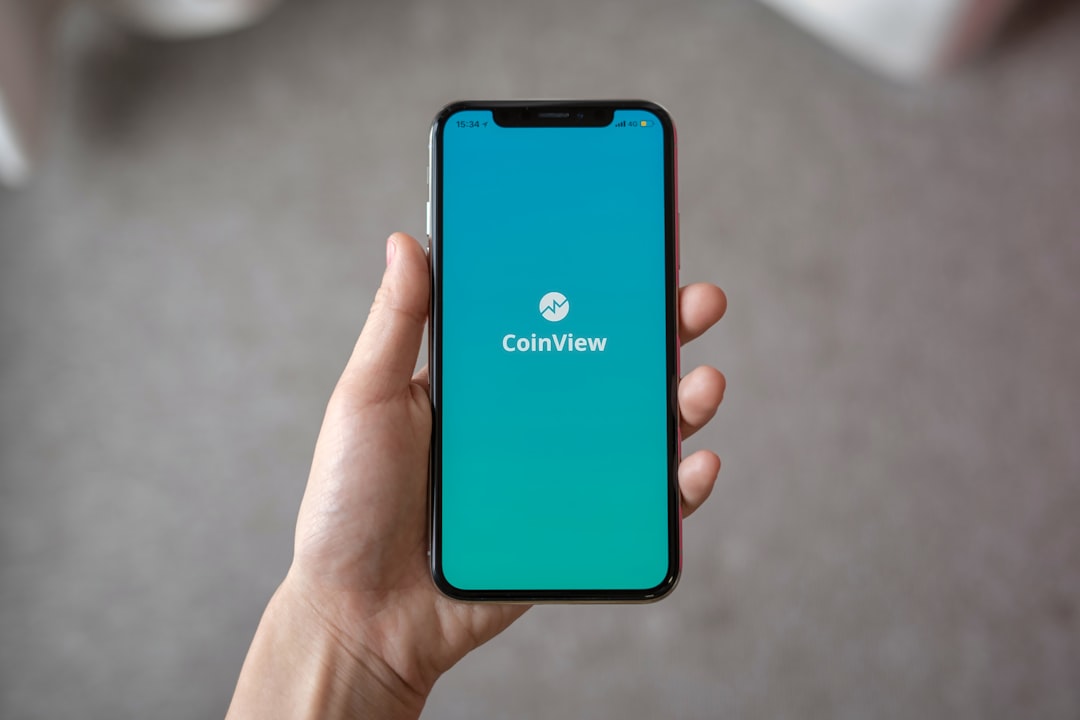In Biloxi, Mississippi, Do Not Call (DNC) laws protect residents from unwanted telemarketing calls. The Mississippi Department of Commerce oversees these regulations, with consumers able to register on the state's DNC list for automatic blocking. Exemptions exist for non-profits and financial institutions. Violations carry severe consequences. Residents are advised to consult Do not call lawyers Mississippi for legal guidance. Educating Biloxi residents about these laws, using various communication channels, fosters compliance. Registering numbers on the DNC list stops intrusive calls. Legal professionals specialize in navigating these regulations, with support from agencies like the FTC and Mississippi Attorney General's Office.
In Biloxi, understanding and adhering to Do Not Call laws is crucial for fostering a respectful and regulated community. This comprehensive guide delves into the intricacies of Mississippi’s Do Not Call regulations, focusing on their impact in Biloxi. We explore effective strategies to educate your community, debunk common misconceptions, and provide resources for those facing issues. Armed with knowledge, individuals can leverage Do not call lawyers Mississippi expertise to ensure compliance and protect their rights.
Understanding Do Not Call Laws in Mississippi: A Comprehensive Overview

In Mississippi, including Biloxi, the Do Not Call (DNC) laws are designed to protect residents from unwanted telemarketing calls and sales pitches. These laws are essential in maintaining a peaceful and undisturbed environment for citizens, especially those who prefer not to receive promotional calls. Understanding these regulations is crucial for both consumers and businesses alike.
The Mississippi Department of Commerce regulates the DNC laws, ensuring that telephone solicitors comply with specific guidelines. Consumers can register their phone numbers on the state’s official Do Not Call list, which automatically blocks most telemarketing calls. However, it’s important to note that certain types of calls are exempt from these restrictions, such as those from non-profit organizations or financial institutions. For any concerns or queries related to Do Not Call laws, residents are advised to reach out to local legal experts like Do Not Call lawyers Mississippi, who can provide comprehensive guidance and assistance.
The Impact of Violating Do Not Call Regulations in Biloxi

Violating Do Not Call regulations in Biloxi can have significant consequences for businesses and individuals alike. When a consumer files a complaint against a company for making unsolicited calls, it not only disrupts their peace of mind but also exposes the offender to legal repercussions. Fines and penalties are common for such violations, which can severely impact a business’s financial health, especially small enterprises. Consumers in Mississippi, including Biloxi residents, are protected by state laws that regulate telemarketing practices, ensuring they have control over how often they receive marketing calls.
Do Not Call lawyers in Mississippi play a crucial role in helping individuals and businesses understand and comply with these regulations. These legal professionals can guide companies on crafting effective do-not-call policies, ensuring they respect consumer privacy. Should a dispute arise, Do Not Call attorneys can represent clients, offering expert advice to navigate the complexities of telemarketing laws. By adhering to these guidelines, Biloxi residents can enjoy a quieter, more peaceful home environment, free from unwanted and persistent calls.
Educating Your Community: Effective Strategies and Techniques

Educating your community about Do Not Call laws in Biloxi, or anywhere in Mississippi, is a crucial step to empowering residents and ensuring compliance. Start by simplifying complex legal jargon to make it accessible to all. Utilize various communication channels like local newspapers, community boards, and social media platforms to reach a wide audience. Host informational sessions or workshops where you can answer questions and clarify misconceptions. Engaging with local businesses is also vital; they often act as intermediaries, sharing information with their customers and employees.
Leverage visual aids and real-life examples to illustrate the impact of Do Not Call laws. Offer practical tips on how individuals can register their numbers and what steps to take if they encounter violators. Collaborate with local law enforcement or consumer protection agencies to provide additional credibility and support. Remember, consistent and clear communication is key to ensuring your community understands and respects these regulations, thereby fostering a more informed and compliant environment.
Common Misconceptions About Do Not Call Laws Debunked
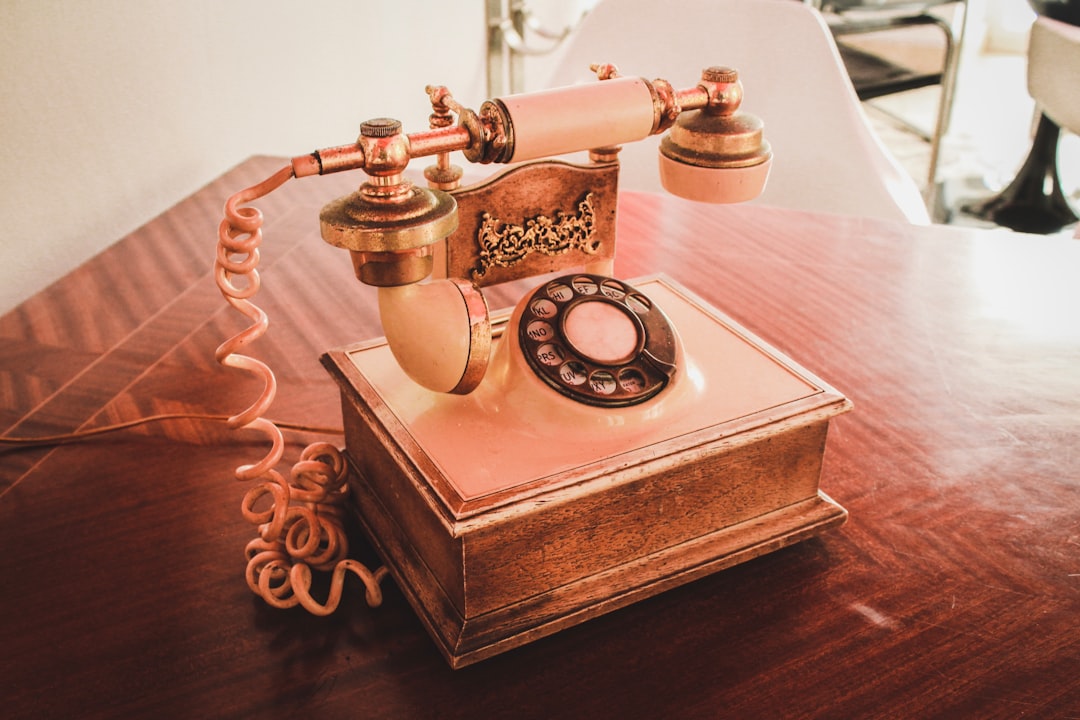
Many people in Biloxi hold misconceptions about “Do Not Call” laws, often mistaking them for restrictions on all commercial calls. In reality, these laws protect consumers from unwanted telemarketing calls and allow them to opt-out of such communications. The key lies in understanding that legitimate businesses must obtain explicit consent before calling, and a “Do Not Call” request is simple to make and equally effective across Mississippi, including Biloxi.
Another common myth is that these laws only apply to landlines. However, with the evolution of communication technologies, “Do Not Call” regulations now extend to mobile phones as well. This means that if you’ve registered your number on a state or national “Do Not Call” list, you’re protected from unwanted calls—whether it’s on your landline or cell phone—from telemarketers and similar businesses. Remember, knowing your rights is the first step towards a more peaceful and less intrusive communication environment.
Resources and Support for Individuals Facing Do Not Call Law Issues

If you’re an individual or business in Biloxi, Mississippi, navigating Do Not Call laws can be challenging. Fortunately, resources and support are readily available to help you understand your rights and obligations. Consulting with a local Do not call lawyer Mississippi is one of the best first steps. These legal professionals can offer tailored guidance, ensuring you comply with state regulations while protecting your business interests. Many law firms specializing in consumer protection or telecommunications laws have knowledgeable attorneys who frequently handle Do Not Call-related cases.
In addition to legal support, there are numerous organizations and government bodies that provide educational resources. The Federal Trade Commission (FTC) offers comprehensive guides on Do Not Call laws, including specific rules for different states. The Mississippi Attorney General’s Office also distributes information about consumer rights and how to file complaints if you believe your rights have been violated. These resources empower individuals to become more familiar with their protections under the law, fostering a more informed community.
